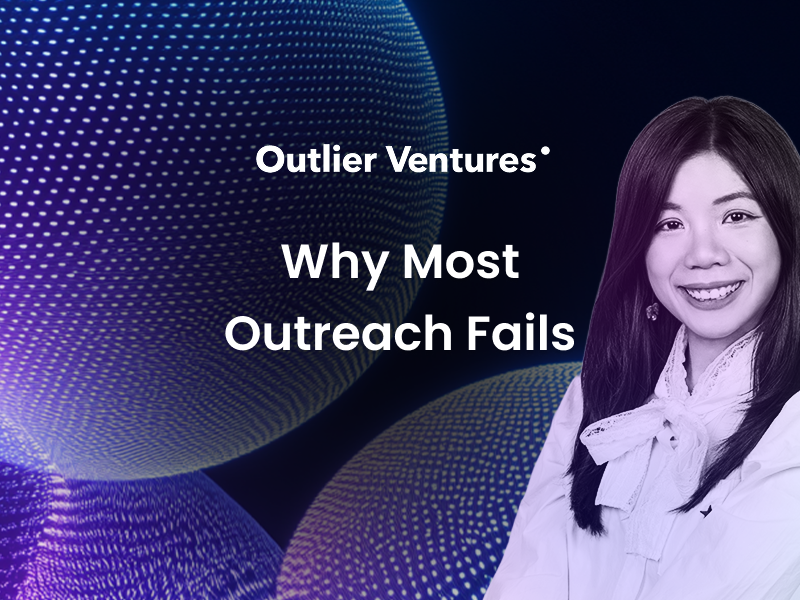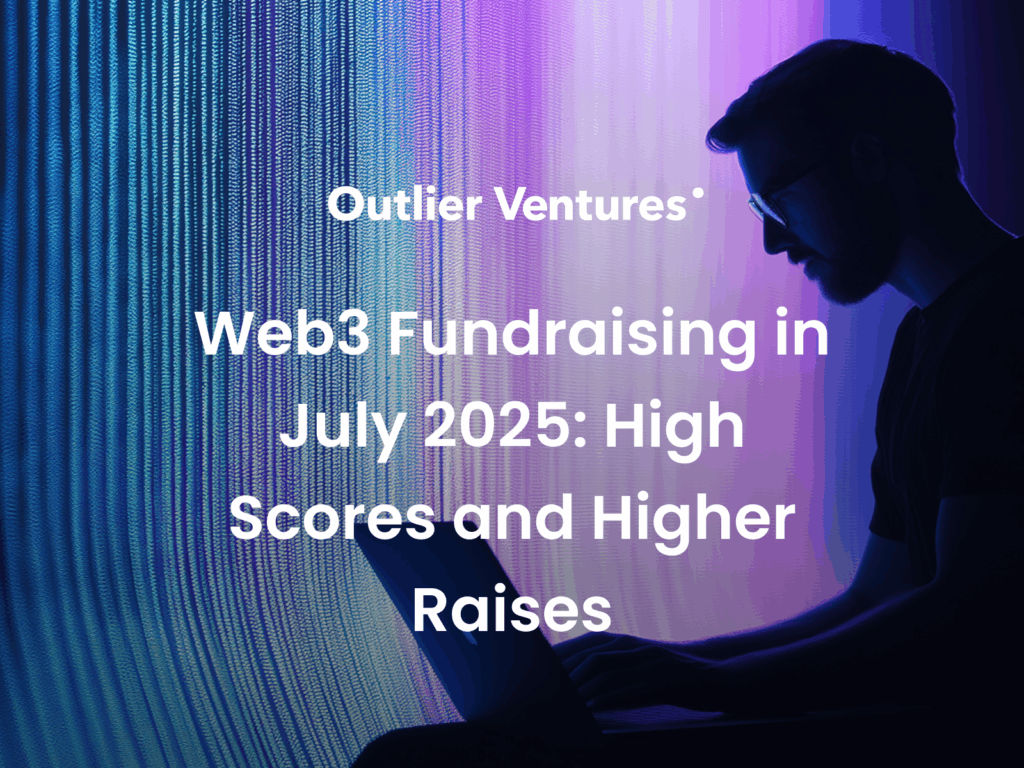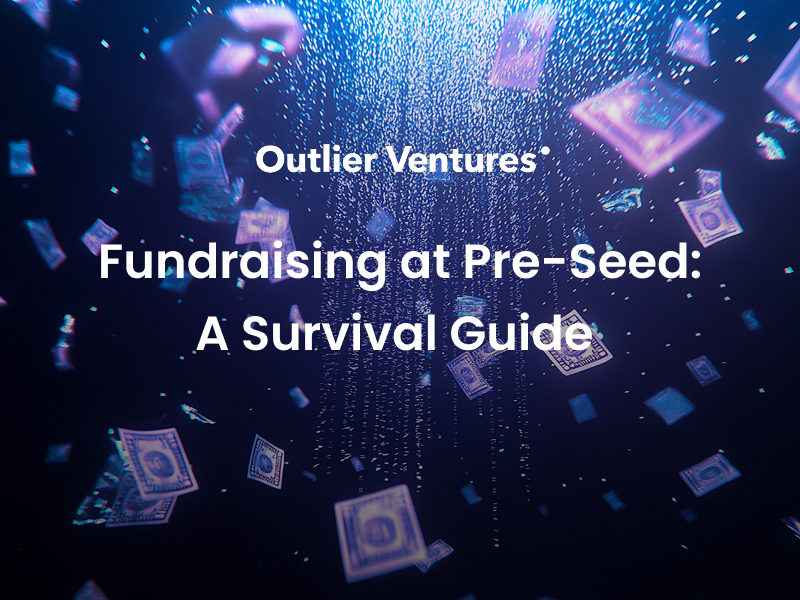Two Outlier Portfolio companies are working on an answer
There’s a common saying in the startup world that founders can’t build for everyone. In the world of gaming, founders must choose between targeting developers, to build on their Software Development Kit (SDK) or end-users, to play the game.
All gaming companies eventually need to find partners with which to build an ecosystem to cover all sides of the product lifecycle. Many times, the most valuable part of the founder journey is the connections that startups gain along the way; and the Outlier network aims to 100x a startup’s output.
Let’s take a look at how two complimentary companies in the gaming space teamed up to build a more interoperable gaming ecosystem.
Walker World
Graduates of Outlier’s first Polygon Base Camp in 2021, Walker World is an interoperable open world experience, where players and creators come together to build on their land, compete in games, and explore a vast universe filled with shared rewards. Unlike Web2 games, where all effort and money invested into rewards is siloed into one game, Walker World is built around digital assets (NFTs) that players own on the rights to. These assets can be traded inside the Walker World Marketplace or freely on decentralized exchanges such as Opensea.
That’s where Crucible comes in. Graduates of Outlier’s Base Camp in 2020, Crucible’s Emergence SDK is a simple Web3 toolkit allowing users to build game Unity and Unreal Engine experiences on any EVM-compatible chain. “We needed a service that is as easy for the user as possible. A UX is very important. So using what Crucible is building is key for the user to login to the wallet,” says Morten Juul, Founder of Walker World.
The two were introduced early on, as Outlier identified that the two could be complimentary. At the time, Walker World had just joined Base Camp in 2021 and the two agreed to stay in touch. After seeing each other pitch at Outlier’s Altitude event, the two realised the immense potential that working together could have.
The Road to Interoperability
“Outlier is this lighthouse that gathers, founders around the world building this way. And a number of them have come together to enable what interoperability really looks like.”
“The big win here, for all of us is being able to say ‘here’s what interoperability looks like, for real,’” says Ryan Gill, Founder of Crucible. Indeed, the ability to plug in and move assets across layers is especially important towards securing an open metaverse. As we pointed out in our Convergence Thesis in 2018, “the Convergence Ecosystem is open-source, distributed, decentralized, automated and tokenized and we believe it is nothing less than an economic paradigm shift.” In this case, the ability for creators and developers to seamlessly move layers across worlds in a decentralized and open way is a step in the right direction towards achieving that paradigm shift.
“The Outlier Lighthouse”
Moving towards a more interoperable future requires builders not to develop applications in silo but to cooperate and work together to build bridges, APIs, and common languages. But this also needs teams to converge around shared goals and build a common network.
That’s the focus of Outlier.
As Gill puts it, “Outlier is this lighthouse that gathers founders around the world building this way. And a number of them have come together to enable what interoperability really looks like.”
As the world’s no.1 Web3 accelerator, Outlier’s portfolio comprises of 250+ alumni of our Base Camp and Ascent programs. These startups are tackling problems ranging from AI to Gaming, Zero Knowledge, and Web2.5. What they all have in common is that they touch the Web3 stack in some way.
Through their vast network of portfolio companies, mentors, partners, and in-house experts, Outlier’s mission is to become the glue that holds Web3 together.
Together, Outlier is paving the way for a more open and scalable web.
To become an Outlier, get in touch at




